Ecofeminist criticism of the Law on climate change and energy transition
Political scientist and expert in equality policies and citizen participation.
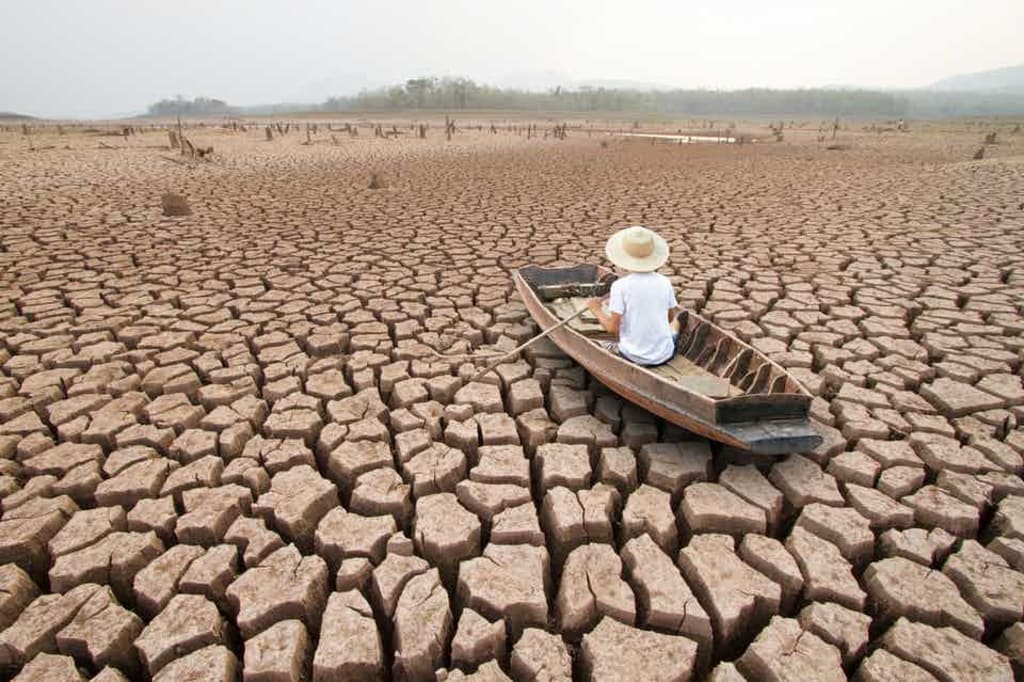
In June 2020, the Institute of Women published the study on Gender and climate change. A diagnosis of the situation and announced the creation, for the first time, of a specific line of work on this issue. The diagnosis is tragic. That it is tragic does not mean that it is pessimistic. It faces the truth without hot cloths and proposes alternatives, from the institutional framework, that could be transformed into a hopeful collective horizon.
Seeing the tragedy means knowing that Spain is one of the countries most vulnerable to climate change and that its impact is already evident. Some data are scary: 20% of the Spanish territory is already considered desert and 75% is at risk of desertification in this century. We are ranked 28th worldwide in water stress: more demand for water than quantity of available water. The Mediterranean is on red alert. Population shifts between regions are going to be the next thing we will see clearly shortly. It also means knowing that women die more from sudden changes in temperature. They suffer more from energy poverty. They are 80% of the climatic refugees, due to lack of water, extreme temperatures, and natural disasters. Despite being, almost all face the stakes of predators and legal walls that deny them embrace. Many others, stripped of everything, face the brutality of exploitation in all its forms.
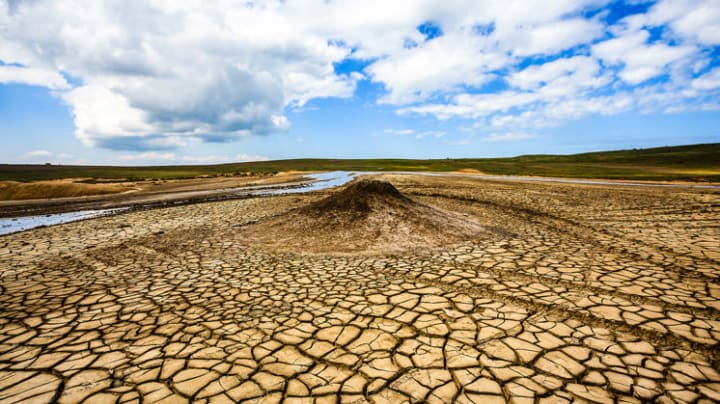
For all this, among the solutions proposed by the aforementioned study, the need for women to be part of the solutions is stressed. In particular, it warns that ignoring the enormous underrepresentation of women in the new "climate economy" and the social leadership they already have, will place them at the doors of an exclusion that will aggravate their vital precariousness and increase gender inequalities.
The Preliminary Draft Law on Climate Change and Energy Transition has just been approved in Congress with substantial improvements in this regard to the initial draft. It prohibits the most harmful policies and creates the conditions to move towards a decarbonized economy.
However, its articles do not go beyond raising the principle of equality between women and men as a principle that should guide the actions of public powers, guarantee equal participation in the Committee of Experts on Climate Change, and in the participatory mechanisms that are established. design, and to point out that the Just Transition Strategy will also have to incorporate the gender perspective. Although it excludes the Ministry of Equality, the driving and advisory body to incorporate the gender approach in government through the Women's Institute, the co-proposing Ministries to prepare it and their participation in the design of the different instruments for its development.

The approach is vague, it refuses to specify more specific commitments and to specify how it is going to comply with the will formulated in the legal text. Anyway, less gives a stone. It is surprising that it has been accompanied by a positive gender impact report prepared by the proposing Ministry itself. That the draft goes ahead is good news, but it is insufficient because of what has been said and because of what environmental organizations have repeatedly pointed out.
The tragedy is that the climate emergency is the symptom of the ecological collapse that is already in this Century of the Great Test, as Jorge Riechmann calls it. It is not only that the Blueprint is late, ignores the consequences for the lives of all women, and is not ambitious enough, it is also that we are out of time to change course.
Perhaps because it is women who experience the threats and consequences of the catastrophe on their own flesh, are more aware of the ecocidal tragedy, participate more, and lead environmental organizations and environmental defense movements. They are the cry of alert in their triple condition, empirical, of victims, protagonists of the resistance, and depositories of the keys to human survival due to their biography closely linked to care.
For this reason, it is also women who are enlightening the alternative and demanding the need to orient all public policy that manages the common towards care. They lack the usual: the power to radically change the course in the time of the wrong time.
In spite of everything, under his leadership, they have managed to make the two keywords of the time popular: redistribution of wealth, times and jobs, and just ecosocial transition.
But what are we talking about when we talk about orienting public policy towards care? Is it the same to speak of care, of fair eco-social transition, or of sustainability of life?
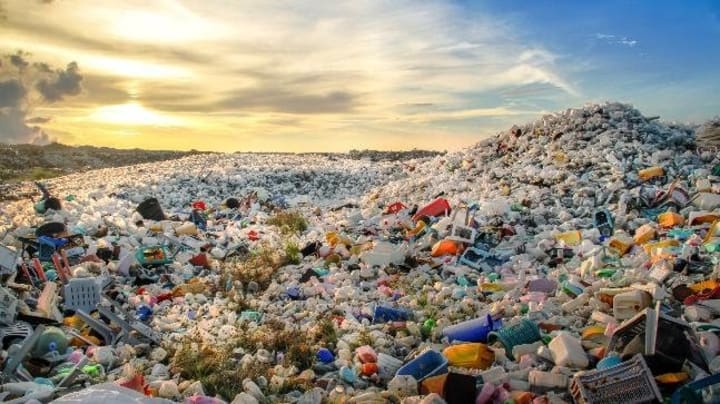
When a concept like care becomes polysemic, it involves different perspectives. Sometimes, we talk about social policies (care for dependency, conciliation, and joint responsibility, education from 0 to 3 years, parental leave, etc.). Others, of ecosocial transition. This last meaning of care, which I prefer to call the sustainability of life, implies talking about the material conditions that sustain life: a planet with clear biophysical limits and bodies that need it and are emotionally needed to survive. To speak of the sustainability of life and a fair eco-social transition, then, is to speak of caring for the body territory and the earth territory.
From our anthropocentric strabismus, we separate femicide from terrified or territorial femicide. As if violence against the body of women was not an extension of the violence that is exercised against the dominated territory or that one wants to dominate in order to extract value from it and discard it as an obsolete object when there is no longer any benefit to obtaining. Things of instrumental reason.
Nor is it surprising how Europe has been able to decouple the climate emergency from territorial femicide. That other squint continues to bet on a response to the emergency that puts technology, digitization, or the electric car at the center. As if the extraction of minerals they need were not finite and had no environmental and social cost to do so. The impact is greater for the countries of the global South, but no one is safe anymore. You just have to look at the platforms of citizen resistance to the open-pit mines in Extremadura. The struggles for territory and resources are going to intensify.
In view of the approved Draft Law on Climate Change and Energy Transition, the so-called just transition takes the form of a forward flight that has not wanted to capture the demands of feminism of the time and which were echoed by the study of the Institute of Women. Those of that feminism that, as the Guatemalan defender, Lolita Chávez, wisely says, "has to embrace all struggles. The fabric of life cannot be fragmented. The sun rises for everyone."
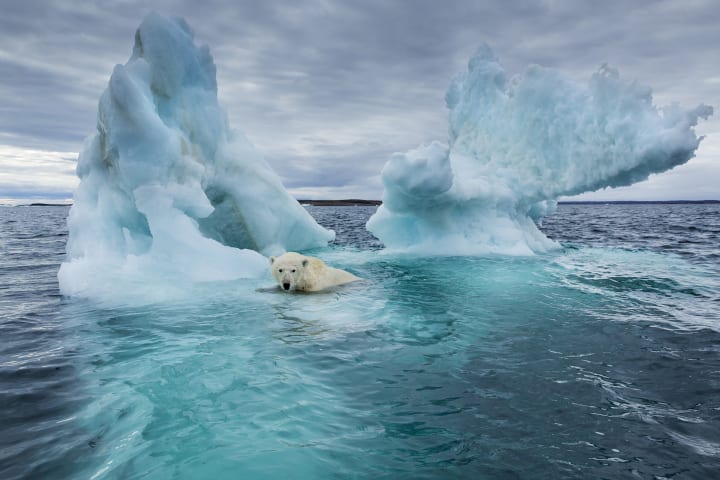
The final conclusion, I insist, is tragic. Not a global pandemic with hundreds of thousands of deaths, which does not occur by diffuse science, but has its origins in the ecocidal logic of an economy of death, is managing to challenge us and offer solutions at the height of gravity of the moment.
Not without much effort, it is technically possible to change course. Socially, sooner or later, it will be. The point is that when it is, it does not have the form of a genocidal outbreak caused by ecocide. When you see death thus represented in the Collapse Series, you literally shit. Because more than death, which is really just a bad time, what really scares us is imagining it alive and knowing that what we do is completely insufficient to avoid the worst.
Someone may say that you have to move from the framework of what is possible. Sure. But you can travel in many ways and to different places. The feminist ecosocial transition requires as a condition not to forget women, a tragic pedagogy, and to bet on braiding an ecosystem of social, affective, and non-mercantile relationships, that co-responsibly accompany her.
Neither denying reality nor telling us stories will do. A tactical victory may be achieved, but from a species consciousness, the result will be disastrous.

The hyperinflation of the story and the material disregard for the importance of ties and the decelerated times that take care of them are part of a deeply patriarchal cultural construction. The cultural dispute for another possible horizon is unavoidable. But that cultural dispute will be, sooner or later, over a materialistic or practical culture. That which can restore power to words with a relational practice that makes recognition and responsibility with the other and with Nature the moral compass of its political action.
No agenda that wants to call itself progressive and feminist today can afford to look the other way. In the Century of the Great Test, if we cannot stop the disaster, we can prevent the intensity of its damage when the radical shortage of resources arrives. And it will come.
About the Creator
Harsh Mehta
Hello, My name is Harsh Mehta . i am from india and i am full time writer.
Enjoyed the story? Support the Creator.
Subscribe for free to receive all their stories in your feed. You could also pledge your support or give them a one-off tip, letting them know you appreciate their work.





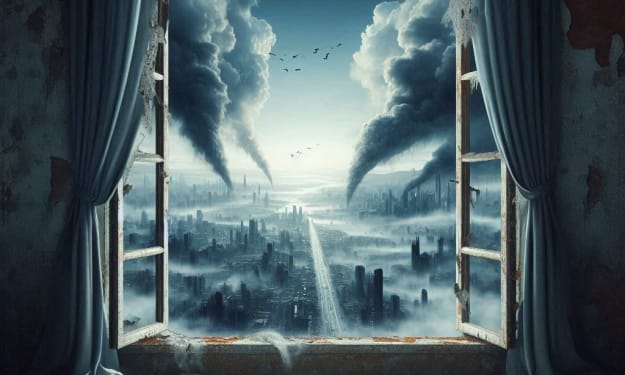
Comments
There are no comments for this story
Be the first to respond and start the conversation.